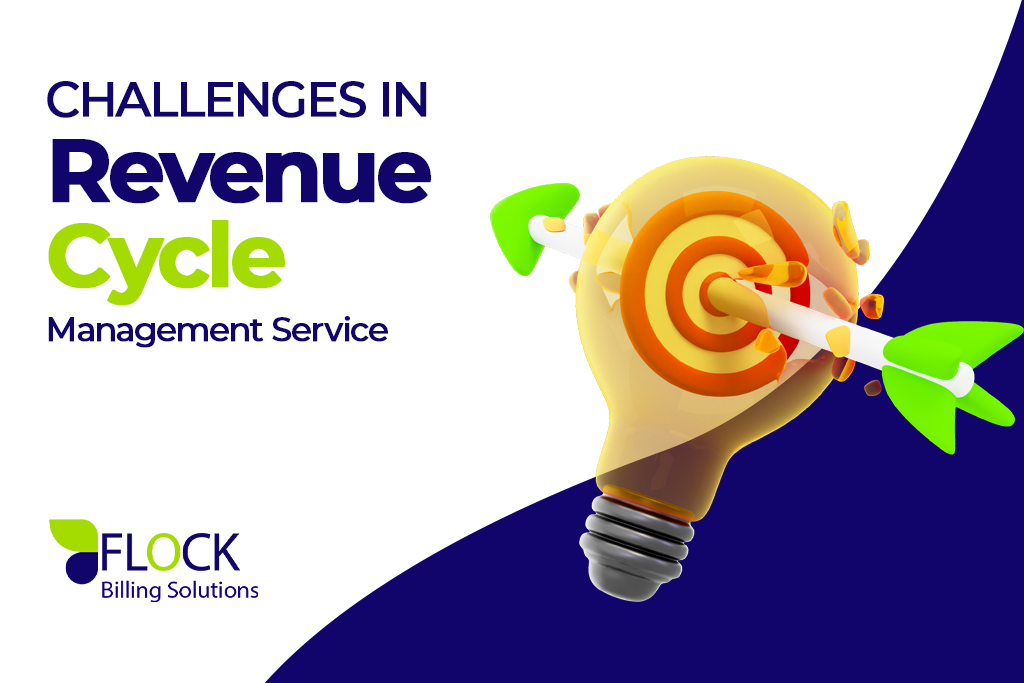Challenges in Revenue Cycle Management Service | Overcoming RCM Obstacles
Revenue Cycle Management (RCM) is a critical process in healthcare organizations, overseeing the entire financial journey from patient..
Introduction
Revenue Cycle Management (RCM) is a critical process in healthcare organizations, overseeing the entire financial journey from patient registration to final payment collection. While RCM services offer numerous benefits, such as improved cash flow, reduced administrative costs, and better compliance, they also come with their own set of challenges. These obstacles can affect the efficiency of the process and hinder an organization's ability to maintain smooth financial operations.
In this blog, we will explore the challenges in Revenue Cycle Management (RCM) services and offer potential solutions for healthcare providers to overcome these difficulties.
Common Challenges in Revenue Cycle Management Services
1. Complexity of Billing and Coding
One of the most significant challenges in Revenue Cycle Management is managing the complexity of billing and coding. With constantly changing insurance policies, billing codes, and medical procedures, healthcare providers face difficulties in ensuring that all claims are submitted accurately. Coding errors can lead to claim denials, delayed payments, or even legal issues.
Solution:
To address this, healthcare providers should invest in continuous staff training, implement advanced coding software, and collaborate with experienced RCM service providers. Automation can also reduce human error in the coding process.
2. Frequent Claim Denials
Claim denials are another common obstacle in RCM. When insurance claims are denied, the revenue cycle is delayed, leading to cash flow disruptions. Denials can occur due to incorrect patient information, coding errors, or the failure to meet insurer requirements. Each denial requires additional time and resources to address, which increases administrative costs.
Solution:
Healthcare providers should implement robust verification processes, including accurate data entry and insurance eligibility checks. Regular audits of denied claims can also help identify patterns and prevent future issues.
3. Managing Patient Payments
While insurers are the primary payers in healthcare, patients are also responsible for a portion of the payment, often through co-pays, deductibles, or out-of-pocket expenses. Managing these patient payments can be challenging, especially when patients are unable or unwilling to pay. Unpaid patient bills contribute to higher accounts receivable and strain the revenue cycle.
Solution:
RCM services can integrate patient payment systems that provide transparency in billing. Offering payment plans and online payment options can make it easier for patients to settle their bills on time. Additionally, clear communication regarding payment responsibilities can reduce misunderstandings and delays.
4. Inconsistent Reimbursement Rates
Another challenge healthcare organizations face is dealing with inconsistent reimbursement rates from insurance providers. These rates may vary significantly between insurers, and frequent changes can cause confusion, underpayment, or delays in payment.
Solution:
Healthcare providers should negotiate better reimbursement rates with insurance companies and regularly monitor changes to ensure they are receiving the correct amount. Additionally, RCM services should include comprehensive analytics to track reimbursement trends and address discrepancies.
5. Compliance with Regulatory Changes
Healthcare is a heavily regulated industry, and staying compliant with changing laws, insurance policies, and reimbursement requirements can be difficult. Failing to comply with regulations can result in penalties, delayed payments, or even legal trouble.
Solution:
Healthcare organizations can mitigate this risk by investing in compliance management tools and keeping their RCM team updated on the latest regulatory changes. Outsourcing RCM to a third-party provider who specializes in compliance can also help ensure adherence to industry standards.
6. Staffing and Training Issues
Managing the revenue cycle requires skilled staff in various roles, including billing specialists, coders, and collections agents. However, maintaining a highly trained team can be challenging, especially with turnover and the need for continuous education on the latest procedures and regulations.
Solution:
Outsourcing RCM services to professional providers who specialize in these tasks can alleviate staffing concerns. Additionally, healthcare providers should invest in regular training programs for in-house staff to keep them updated on the latest industry practices and trends.
7. Integration with Electronic Health Records (EHR)
Many healthcare organizations struggle with integrating their RCM system with Electronic Health Records (EHR) or other healthcare management systems. Lack of integration can lead to inefficiencies, data discrepancies, and slow billing cycles.
Solution:
Investing in integrated software solutions that allow seamless data flow between RCM and EHR systems can streamline processes. Healthcare providers should also work closely with vendors to ensure their systems are compatible and can communicate effectively.
How to Overcome RCM Challenges
To successfully navigate the challenges of Revenue Cycle Management, healthcare providers can implement several best practices:
- Invest in Technology: Leverage automation, artificial intelligence, and advanced software to streamline billing, coding, and payment collection processes. This will reduce errors and increase efficiency.
- Train Staff Continuously: Ensure that billing and coding teams are well-versed in the latest industry standards and regulatory changes. Regular training helps reduce errors and improve overall RCM performance.
- Outsource RCM Services: Partnering with a trusted RCM provider can alleviate the burden on internal teams, reduce administrative costs, and improve overall efficiency.
- Monitor Key Performance Indicators (KPIs): Track essential KPIs, such as claim denial rates, reimbursement delays, and accounts receivable days, to identify bottlenecks and areas of improvement.
Conclusion
While Revenue Cycle Management (RCM) services offer tremendous benefits, they also present several challenges that can impact the financial health of healthcare organizations. From complex billing and coding issues to the need for compliance and staff training, addressing these obstacles requires proactive strategies and continuous investment in technology and training. By understanding these challenges and implementing effective solutions, healthcare providers can optimize their RCM processes and improve their bottom line.
How Flock Consistently Achieves Revenue Growth for Clients
- 1 Fast Filing
- 2. Clean Claims
- 3. Tracking System
- 4. Rigorous Follow-up
- 5. A/R Management





